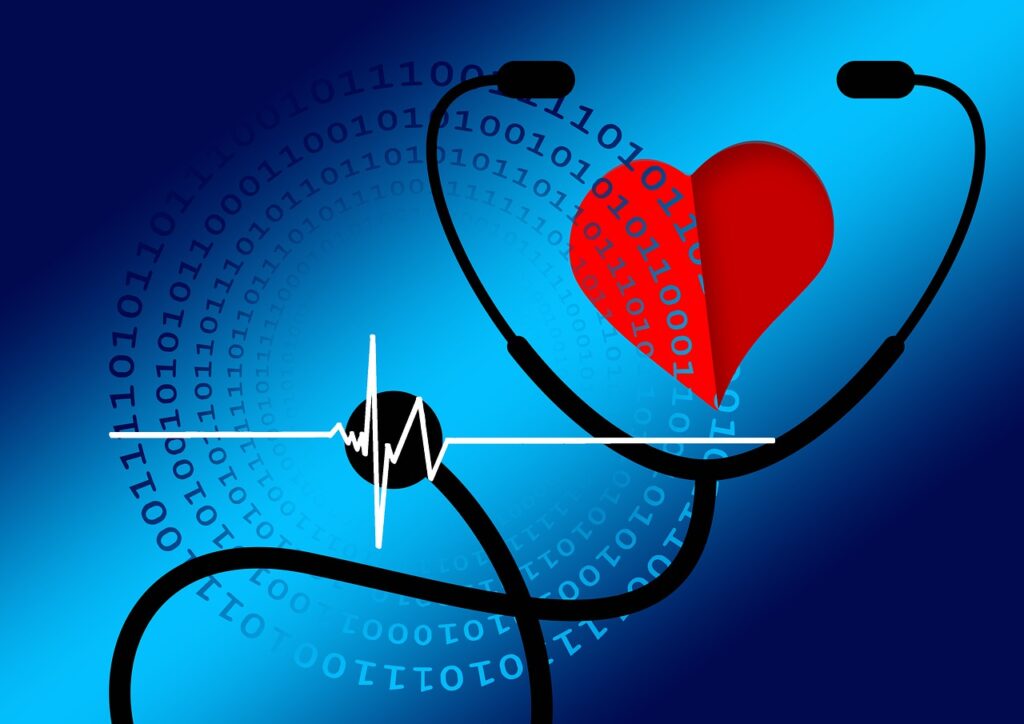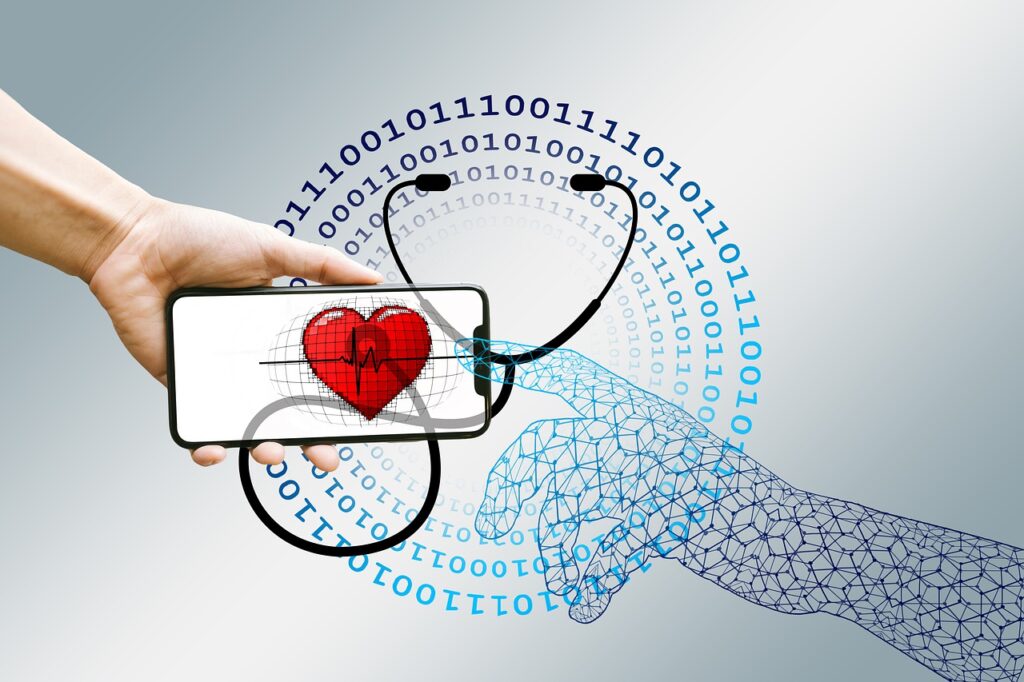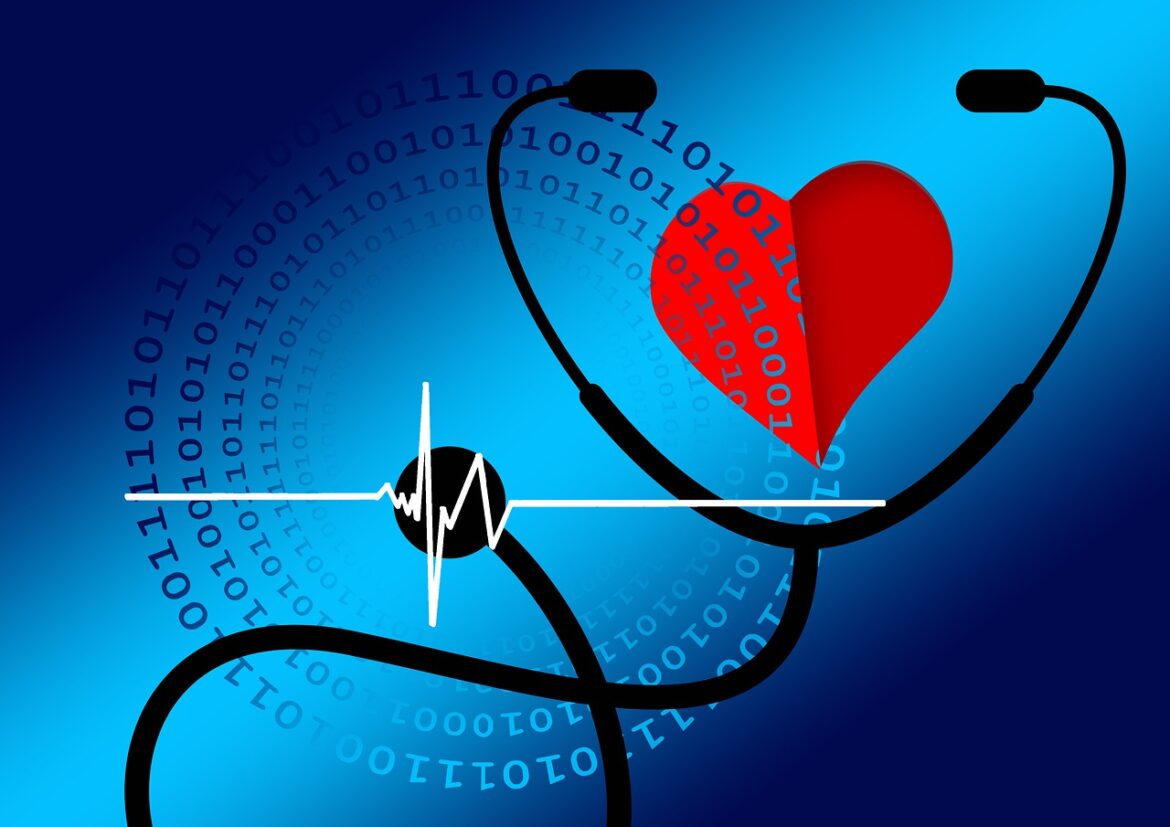With the convenience and efficiency of electronic health records. Why more doctors, clinics and hospitals are making the switch from paper to electronic medical records. But what exactly does that mean for patients? And how does it help doctors keep up with their rapidly increasing patient load? In this post. We’ll take a look at the many benefits of electronic health records that can help streamline. Your doctor visits and make you feel like they have more time to spend with you. We’ll also explore the options available in terms of EHR software. Well as some of the privacy concerns surrounding them.

What are electronic health records?
Electronic health records (EHRs) are a digital system for recording and storing healthcare information. They can be accessed by authorized medical staff, including doctors, nurses, and pharmacists. They allow healthcare providers to improve the quality.They provide by increasing the accuracy of diagnosis. Reducing medical errors, and improving efficiency. Patients also benefit from EHRs because they are able to have an online record. Their past medical history which is available to them.Their caregiver at any time. Additionally, patient access to their records. Epowers them with knowledge about their own treatment plan in order to make more informed decisions about their care. In Canada, it has been noted that patients who have access to their digital medical records. More likely to adhere to recommended treatments than those who do not. In hospitals, EHRs enable practitioners to use an alarm system that alerts them when they need additional help during emergencies. It has been reported that these systems reduce death rates among patients in intensive care units by 8%. All of these benefits work together. That healthcare professionals and patients alike get the most out of their experience with electronic health records!
Benefits of EHRs:
Electronic health records are becoming more and more prevalent in the healthcare industry. The benefits of using EHRs can include improved efficiency, better coordination between different medical providers, access to patient information by authorized personnel only and increased safety due to less paper-based files being carried around. However, implementing an EHR system is not without its drawbacks such as loss of privacy for the patient and cost for both purchase and maintenance. Regardless, the benefits outweigh the negatives when it comes to going electronic with your medical records. If you’re looking into investing in a new EHR system, be sure to contact us today! We will provide one-on-one assistance from beginning to end so that you have all the knowledge needed to make this decision. We know how difficult it can be, so we’ll help you every step of the way!
Disadvantages of EHRs:

Electronic health records are a great tool for doctors, nurses and other medical professionals. They allow for quick access to patient information and make it easier to update records as necessary. However, they are not without their disadvantages. One major downside is that EHRs have been shown to cause errors in medication prescriptions. Even worse, the errors may go undetected until the patient has already been harmed. Another issue with EHRs is that they can be costly to maintain, especially when they require constant updates due to new technologies and regulations. For example, if a provider upgrades from Windows XP to Windows 10, this will require an additional cost of $250 or more per computer in order for the hospital’s computers to read the updated software version.
Comparison to traditional paper records, such as the benefits and disadvantages:
Electronic health records, or EHRs, are digital databases of a patient’s medical history and information. They’re accessible by providers and other team members who work with the patient. Traditional paper records are difficult to search and manage; they’re also not accessible to the whole care team. In contrast, EHRs let providers find what they need quickly, without having to spend time searching through stacks of files or trying to decipher illegible handwriting in old charts.
EHRs also benefit patients because they provide an easier way for them to view their medical records. Plus, if there are lab results or other items that need follow-up care, patients can share this information with their doctors more easily. They can be updated about any changes in medications or conditions as well. If a provider needs to consult with another one, all the information is right at hand, which saves both time and money on phone calls and paperwork.
A downside is that sharing all these details may create anxiety among some people who don’t like having too much information out there about themselves. However, once it becomes standard practice to use EHRs, patients will become more comfortable with them over time. Also: while some providers may be resistant at first to adopting such a new system, many eventually come around once they see how much easier it is for everyone involved (including the provider).
Conclusion:
Electronic health records have many benefits. They can help with better patient care and cut down on costs in the long run. The benefits of electronic health records are vast, but here are a few that stand out:
A study done by researchers from Harvard Medical School found that electronic health records improved quality of care. The study found that providers using electronic health records focused more on preventive care, made fewer medication errors, and had a higher satisfaction rate among patients than those without electronic health records.
Additionally, an analysis of Medicare claims data determined that adoption of electronic medical records reduced total expenditures for patients by more than $17 billion per year as compared to paper-based systems.



